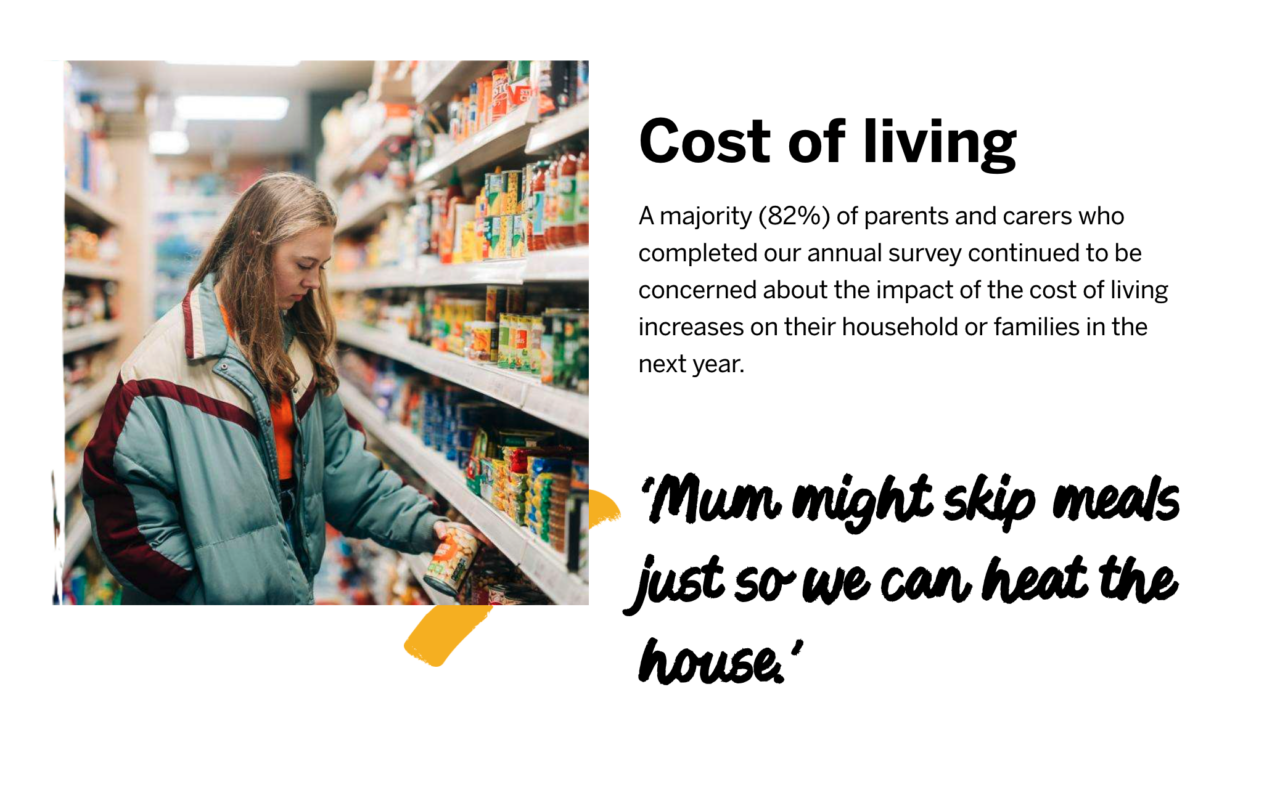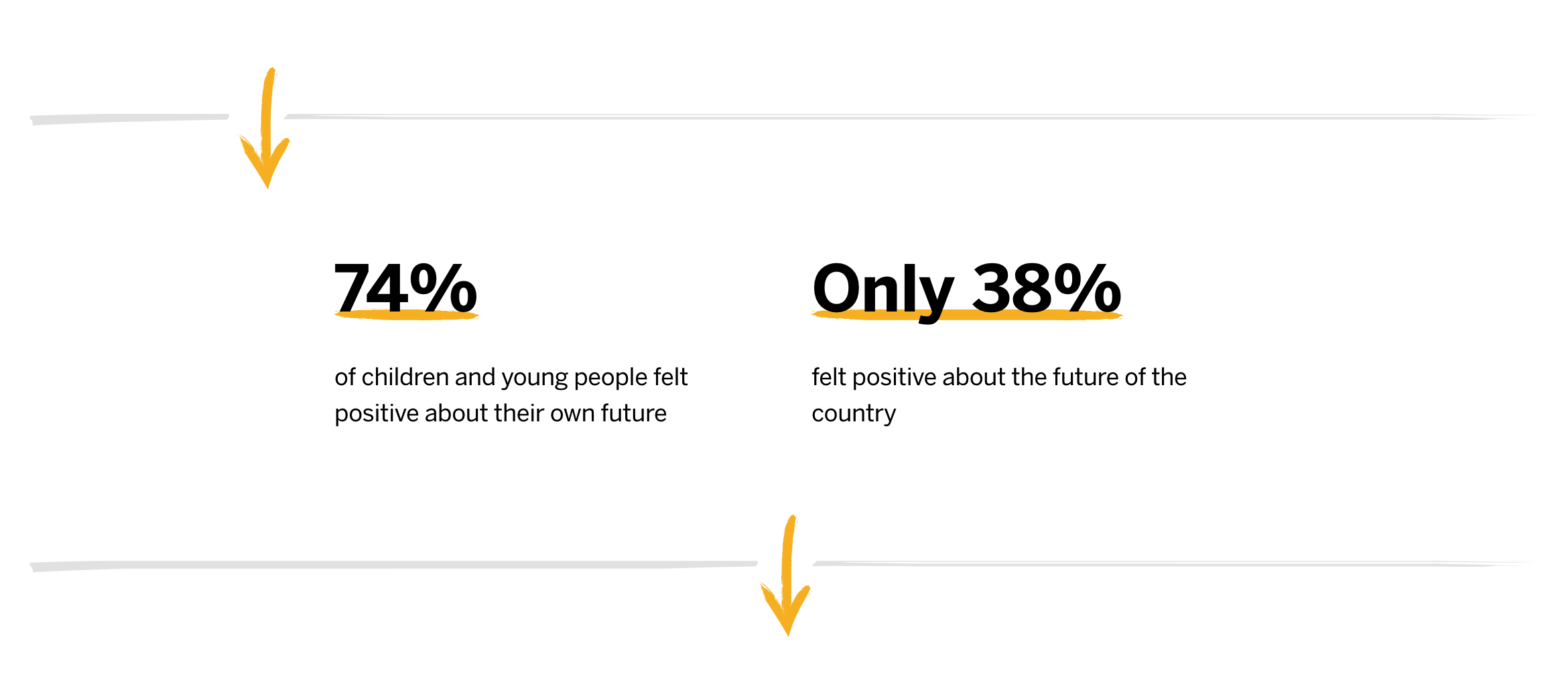A new survey suggests that one in ten children aged 10-17 are unhappy with their lives due to worries about rising prices and their families having enough money to survive.
The kids are not alright!
According to a new survey conducted by the Children’s Society, more than 2 million children in the UK are finding that money worries are surpassing their concerns about the environment.
This is a stark change from last year’s survey when 41 percent of young people said they worried about climate change and the environment the most. This year, that figure fell to 37 percent.
On money matters, the report indicates that 1 in 3 young people are apprehensive about whether they or their family will have be able to financially sustain themselves in the future.
Of course, this worry first starts with caregivers.
Four out of five parents or guardians say they are deeply troubled by the escalating cost of living and its implications for their families. These financial anxieties are casting a shadow over the well-being of both young people and their guardians.
‘Children who always worried about money were several times more likely to be unhappy,’ said the Children’s Society. This includes concerns about how much choice they have in life and their housing.























